
“The more often [one] feels without acting, the less [one] will be able ever to act, and, in the long run, the less [he or she] will be able to feel.”
| The Screwtape Letters (New York: Macmillan, 1966), 61.

“The more often [one] feels without acting, the less [one] will be able ever to act, and, in the long run, the less [he or she] will be able to feel.”
| The Screwtape Letters (New York: Macmillan, 1966), 61.
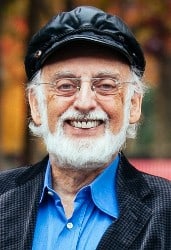
“For those couples who would rate themselves as happily married, the positivity to negativity ratio is 5:1. Although this standard of five instances of positivity for each instance of negativity may appear daunting, there is good news here—couples are not expected to be perfect in their relationships in order to feel happy, satisfied, or fulfilled with each other.”
| (1994). What predicts divorce: The relationship between marital processes and marital outcomes. New York: Lawrence Erlbaum.

“Those in happy marriages noticed almost all of the positive things their partners did for them, while those in unhappy marriages failed to recognize 50% of the positive acts their spouses performed.”
| (1999). The seven principles for making marriage work. New York: Three Rivers Press.
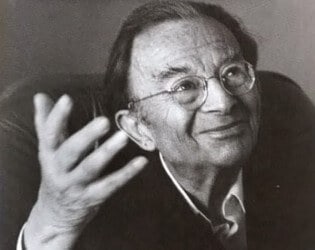
“Desire can be stimulated by the anxiety of aloneness, by the wish to conquer or be conquered, by vanity, by the wish to hurt or even to destroy, as much as it can be stimulated by love. It seems that sexual desire can easily blend with and be stimulated by any strong emotion, of which love is only one. Because sexual desire is in the minds of most people coupled with the idea of love, they are easily misled to conclude that they love each other when they want each other physically. But if this desire is not stimulated by real love, it leaves strangers as far apart as they were before—sometimes it makes them ashamed of each other, or even makes them hate each other, because when the illusion has gone, they feel their estrangement even more markedly than before.”
| The Art of Loving, New York: Harper and Rowe, 1956, pp. 54–55

“Willingness to experience difficult thoughts, feelings, and experiences is put in the service of our values. This is what makes willingness different from wallowing”
| S. C., & Walser, R. D. (2007). Learning ACT: An acceptance & commitment therapy skills-training manual for therapists. Oakland, CA: New Harbinger Publications.
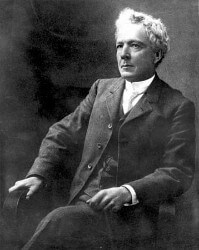
“If we had paid no more attention to our plants than we have to our children, we would now be living in a jungle of weeds.”
| In Elbert Hubbard’s Scrap Book, New York: Wm. H. Wise and Co., 1923, p. 227.
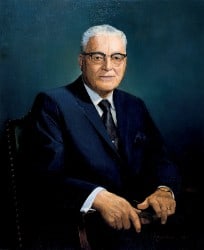
“When your heart begins to tell you things that your mind does not, then you are getting the Spirit of the Lord.”
| “When Your Heart Tells You Things Your Mind Does Not Know,” New Era, Feb. 1971, 3.
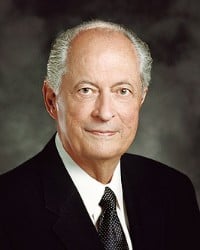
“Too often, however, those who possess great talents are selfish and do not use their gifts for the benefit of others. And more importantly, they do not acknowledge that these gifts are God-given.”
| “Every Good Gift,” New Era, Aug. 1983, 6
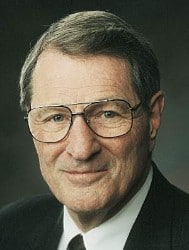
“Creative expression can also represent the celebration of our gratitude to God for our gifts and talents.”
| “Creativity,” New Era, Aug. 1982, 4
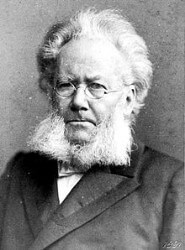
“Money may be the husk of many things, but not the kernel. It brings you food, but not appetite; medicine, but not health; acquaintances, but not friends; servants, but not faithfulness; days of joy, but not peace or happiness”
| In The Forbes Scrapbook of Thoughts on the Business of Life, New York: Forbes, Inc., 1968, p. 88